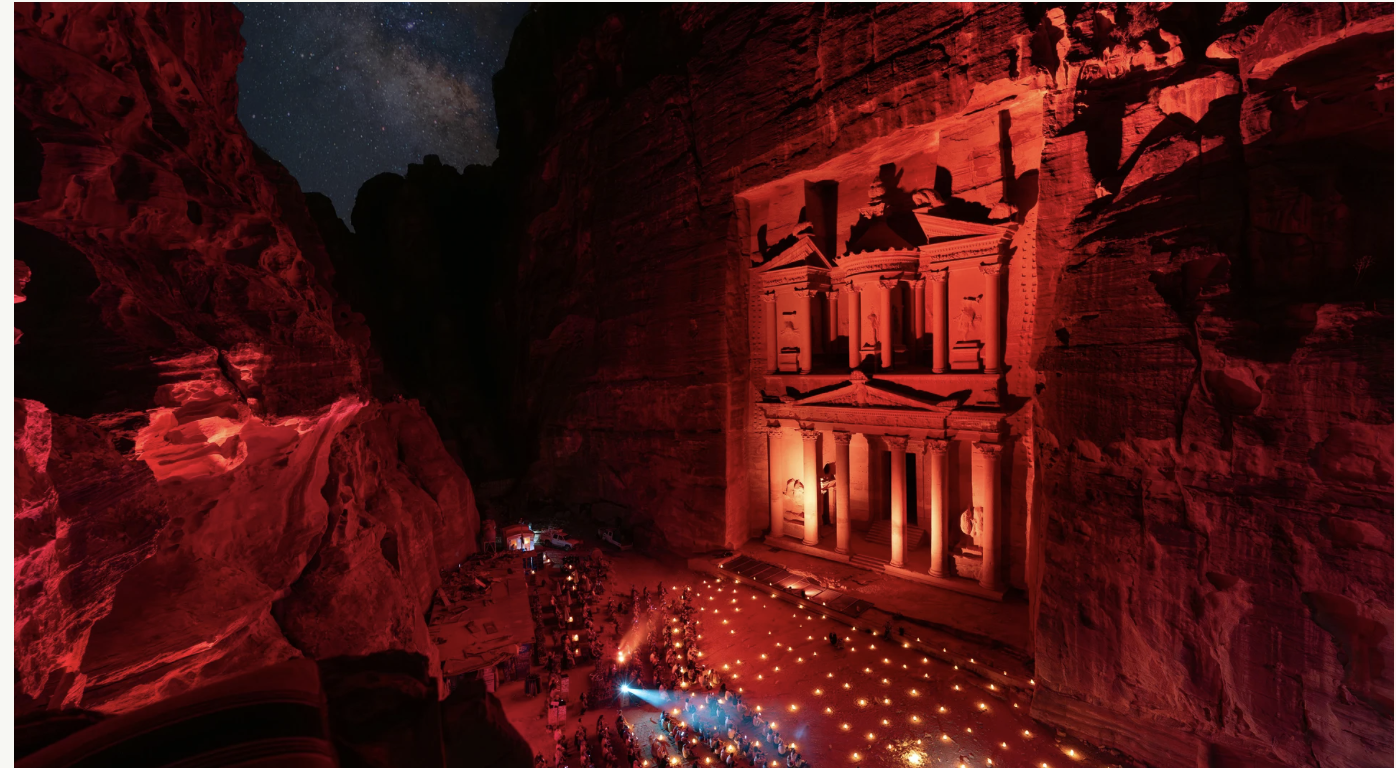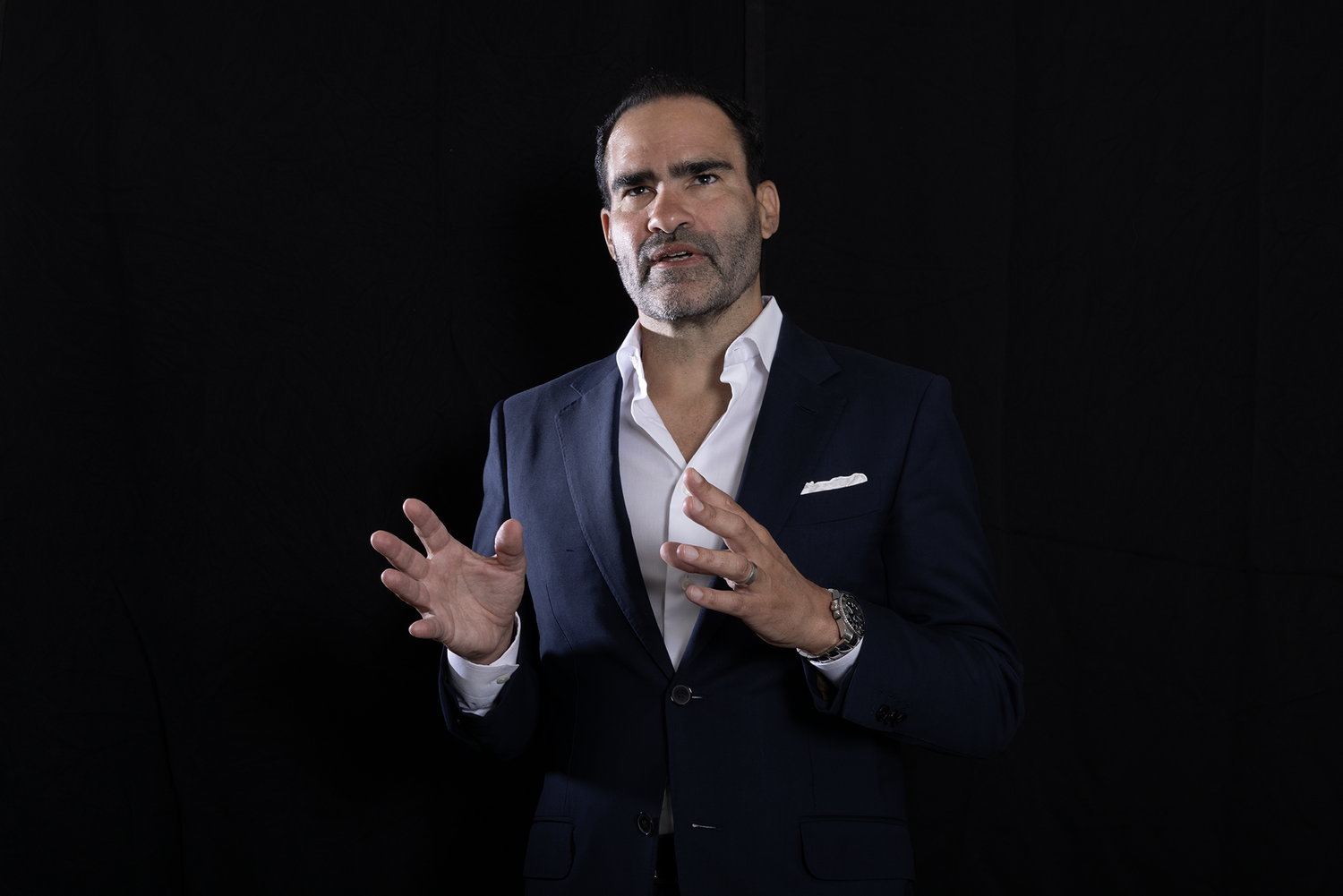The luxury landscape is changing at extraordinary speed. Recently, I was in Jordan speaking to 200 leaders in the luxury destination wedding industry about the future of client experience. This gathering of global planners revealed something that has become increasingly clear across all sectors of luxury. Brands can no longer rely on past successes. Consumer expectations are evolving quickly, competitive landscapes are shifting, and loyalty is fragile.
To understand why this matters so profoundly, it helps to look back in time. A short journey from Aqaba leads to Petra, one of the most astonishing cultural sites in the world. The city was built by the Nabataeans at the crossroads of major trade routes more than two millennia ago. Through their ingenuity, strategic positioning, and ability to anticipate economic flows, Petra became one of the most important urban centers in the region. Its prosperity was built on controlling trade in luxury goods, such as spices and incense.
But history moved on. When the Roman Empire redirected trade to maritime routes, Petra’s strategic role diminished. Over time, the city lost its relevance, eventually fading into silence. Today, it stands as a breathtaking archaeological site. Yet, behind its beauty lies a sharp strategic lesson. Even the most successful centers of commerce can decline when they stop adapting to external change.

A candlelit event at Petra reminds luxury leaders that even history’s greatest trade hubs can fade when relevance is lost. As cultural and economic tides shift, brands must evolve or risk becoming admired relics of the past. Image: Yassen Kounchev/Pexels
The luxury industry finds itself at a similar inflection point. The forces shaping client behavior and competitive advantage are shifting rapidly. Younger generations in Asia, the Middle East, and, frankly, everywhere in the world are redefining what luxury means. They expect more personal, emotionally resonant, and culturally attuned experiences.
For them, digital ecosystems are no longer an add-on but a central stage where storytelling, communities, and desire are shaped. Meanwhile, local luxury players are rising with strong cultural fluency and bold storytelling, challenging global brands in markets that were once considered secure.
Despite this, many brands still operate with a mindset anchored in their past successes. As a result, they are rapidly losing relevance, revenue and market share. They rely on heritage, product, and status signaling while overlooking the emotional and experiential dimensions that shape modern luxury. In my work with brands globally, I consistently see a gap between what consumers expect and what many companies deliver. This gap creates significant risk. Like shifting trade routes in the past, consumer attention can move swiftly toward those who understand and anticipate change.
To stay relevant, luxury brands need to elevate their client experience to a new strategic level. This is where my 4E of Luxury framework, which I focused on in my keynote, becomes critical.
Emotion creates desire and unlocks a connection from the heart. Engagement deepens this connection and turns clients into advocates. Experience ensures that every interaction is meaningful, memorable, and distinct. I shared on stage proprietary data that showed how fast loyalty is lost when brands don’t do the right thing. Less than two interactions below expectation are sufficient to break a client relationship. Exclusivity needs to be rethought for today’s clients in a way where it’s all about them, ensuring each client feels personally valued. Only when these elements work together do they create loyalty that transcends price or product. When just one is absent, or not present enough, even strong brands risk fading into obsolescence.
History offers a powerful reminder that leadership must be earned continuously. Dominance in one era does not guarantee relevance in the next. For luxury brands, this means staying attuned to cultural shifts, rethinking client journeys, and infusing brand storytelling with emotional depth and authenticity. It requires understanding clients not only as buyers, but as individuals with aspirations, identities, and evolving values.
This is especially true in markets like Asia and the Middle East, where expectations are often higher than in the West. Clients in these regions are younger, more digitally native, and more culturally sophisticated. They evaluate brands through every touchpoint, both physical and digital, and have little patience for mediocrity. The rise of local luxury champions is proof that cultural resonance and agility are powerful competitive advantages.
The story of a once-thriving trade hub that lost its relevance is more than a historical footnote. For luxury leaders, it is a clear message. Relevance is perishable. Brands that fail to evolve with their clients and the world around them risk becoming relics admired for their past rather than loved in the present.
The time to act is now. Rethink your client strategies with urgency, build experiences that resonate emotionally, and align your brands with the cultural imperatives shaping the future. Vigilance and reinvention combined with forceful action are what keep brands alive. More of the same is the fastest way to perish.
https://www.equiteintelligence.com
Luxury Unfiltered is a weekly column by Daniel Langer. He is the CEO of Équité, a global luxury strategy and creative brand activation firm, where he is the advisor to some of the most iconic luxury brands. He is recognized as a global top-five luxury key opinion leader. He serves as the executive professor of luxury strategy and pricing at Pepperdine University in Malibu and as a professor of luxury at New York University, New York. Dr. Langer has authored best-selling books on luxury management in English and Chinese and is a respected global keynote speaker.
Dr. Langer conducts masterclass management training on various luxury topics around the world. As a luxury expert featured on Bloomberg TV, Financial Times, The New York Times, Forbes, The Economist and others, Mr. Langer holds an MBA and a Ph.D. in luxury management and has received education from Harvard Business School. Follow him on LinkedIn and Instagram, and listen to his Future of Luxury Podcast.


